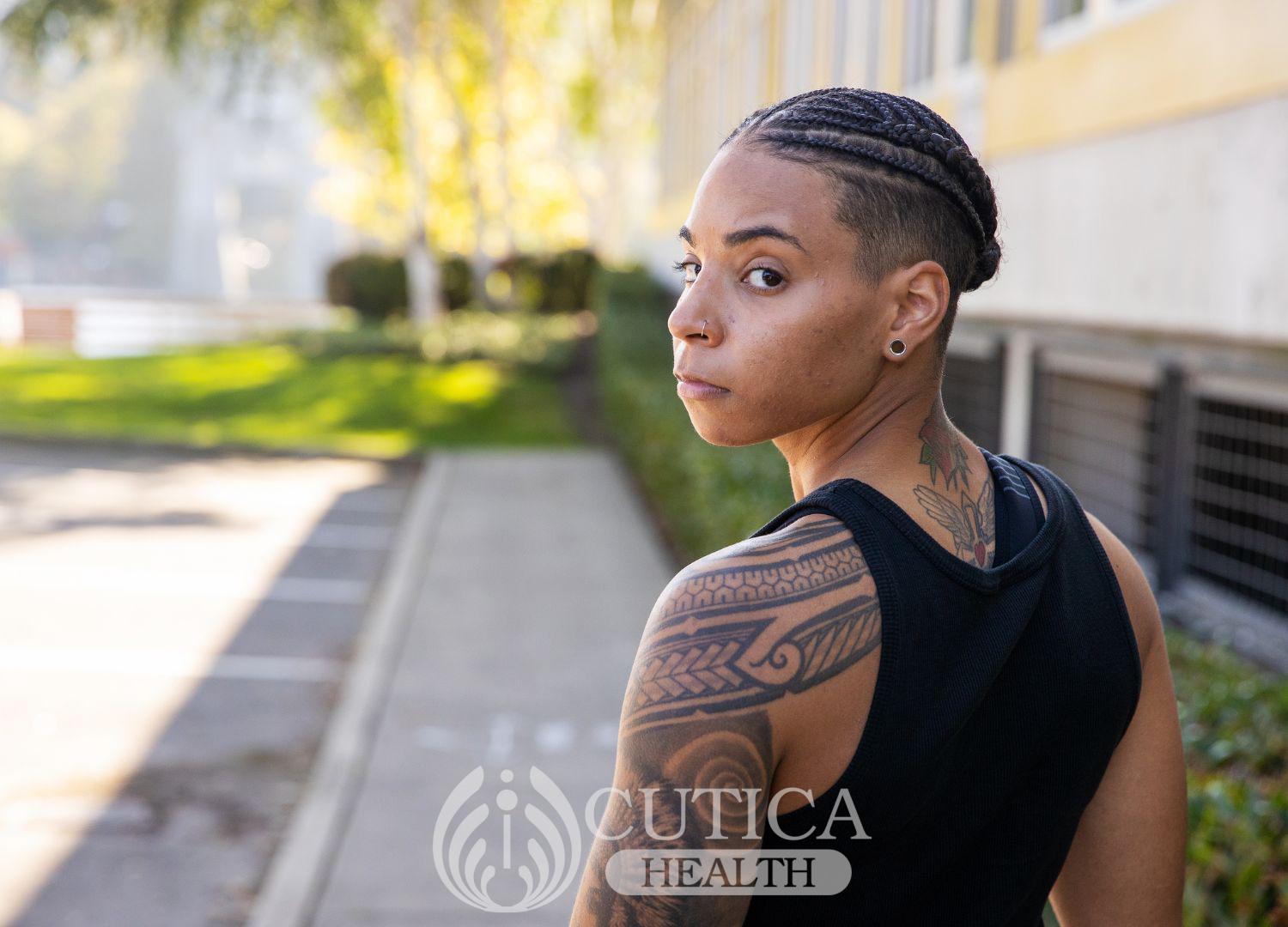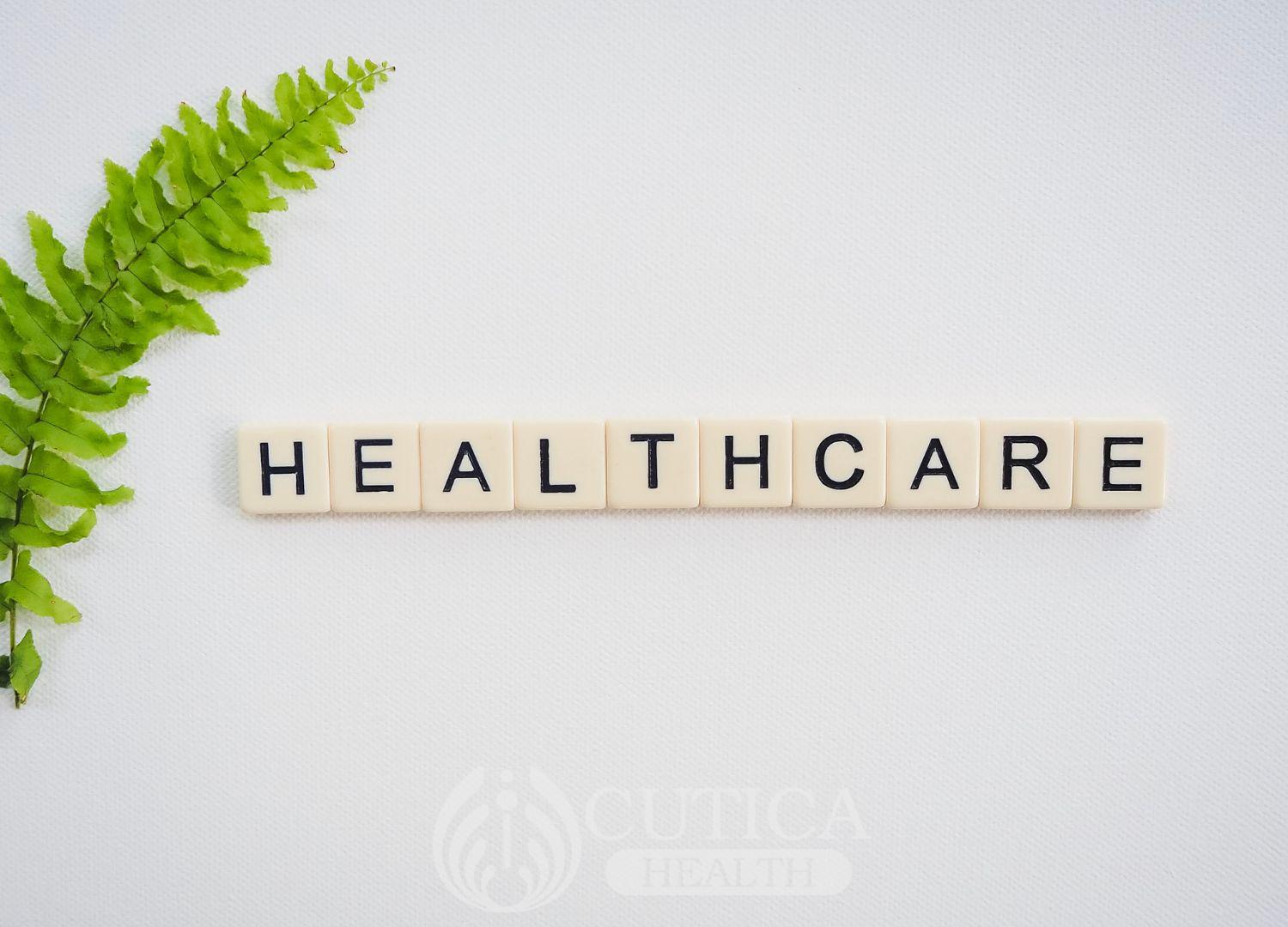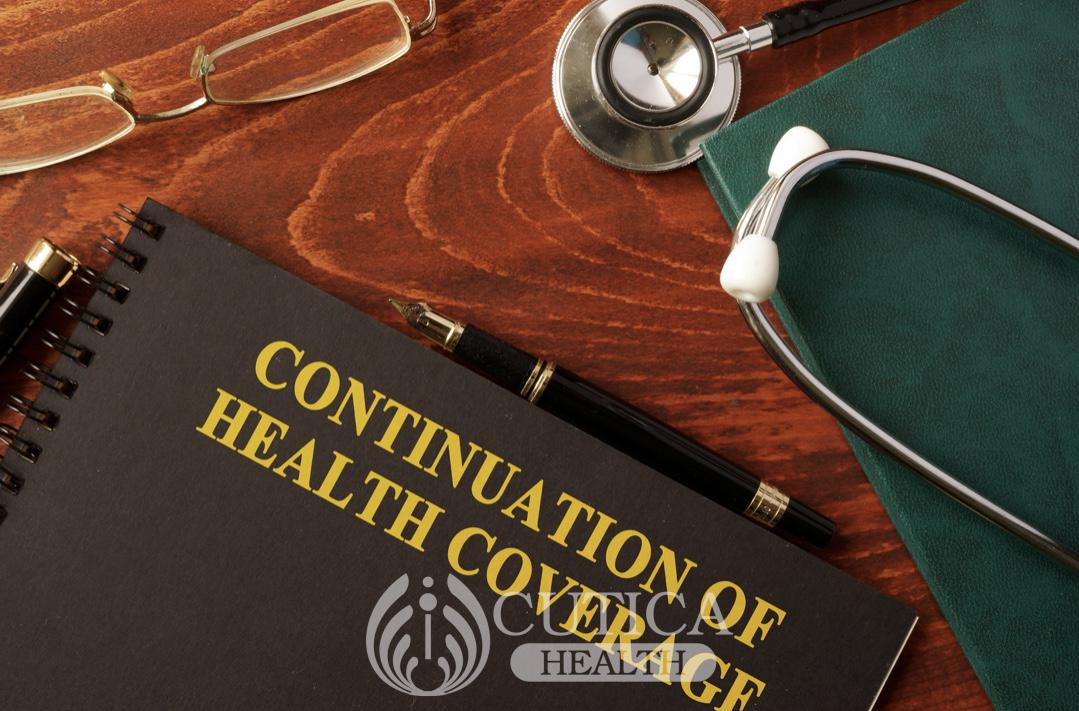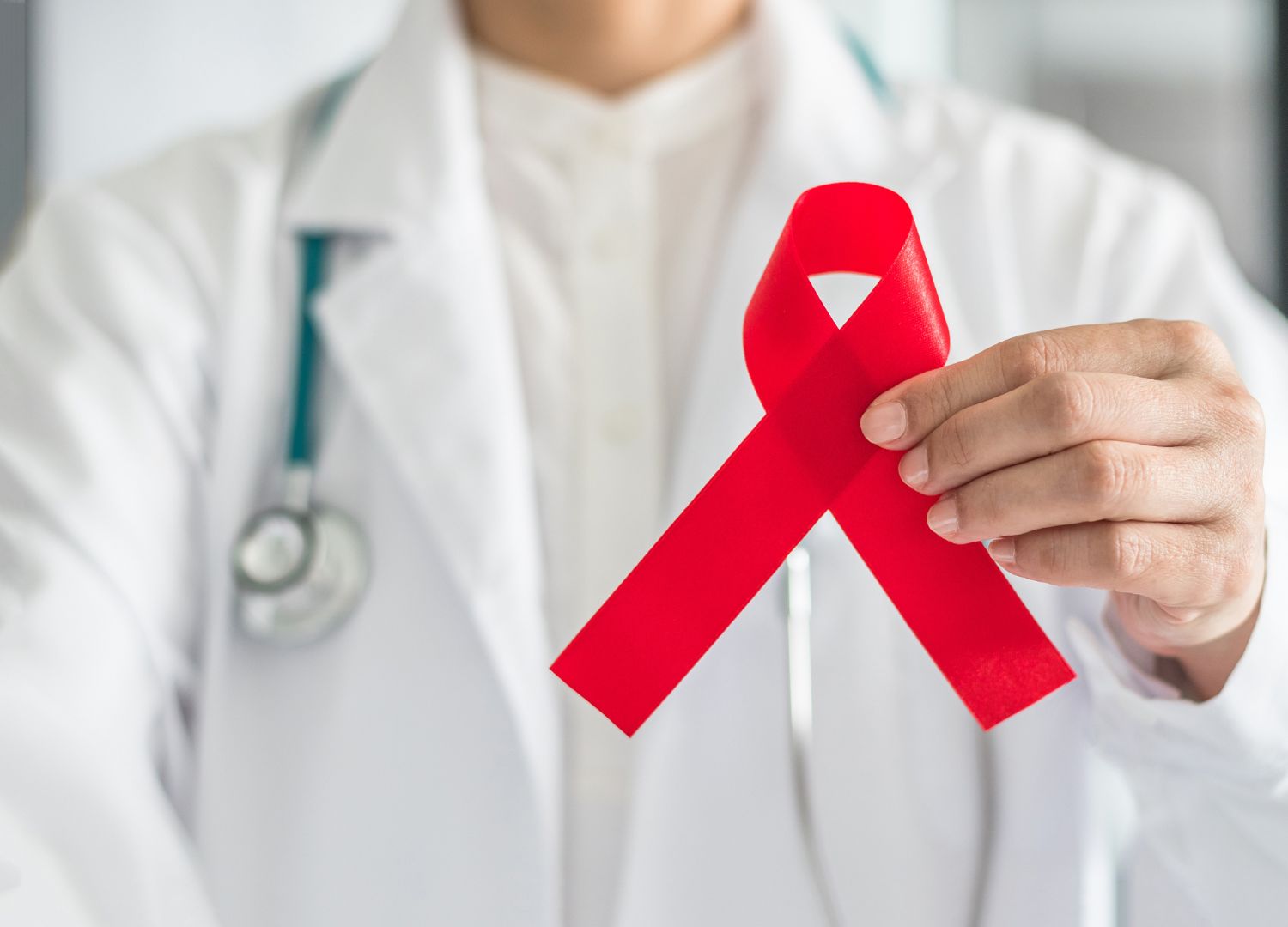
Johnson is super-excited this afternoon. He just got himself a new tattoo of his wife on his chest. Beautiful tattoo I must say, but I am a little worried. Johnson has lots of tattoos all over his body; while this makes me want to have one done on my arm, I am concerned about the potential health risks of this procedure.
Tattoos are a great way to project art on our skin. People get all sorts of tattoos done on their bodies, reflecting things they are really passionate about. It could be an image of a loved one, the London Bridge, or a religious object. However, before you step into the tattoo shop, it may help to carefully consider the health risks and take steps to protect yourself.
First, let’s learn how tattoos are made.
Tattoo Procedure
A tattoo is a permanent ink design on the skin. It works by inserting pigments into the top layer of your skin. The tattoo artist typically uses a hand-held device to insert the pigments into your skin using one or more needles. The process is often painful as it is done without pain-numbing anaesthetics. Common health risks associated with this procedure include:
- Allergies: Tattoo dyes come in different colours, and some of these dyes often trigger an allergic reaction. This causes an itchy rash, swelling, and sometimes discolouration around the tattoo site. This could occur for as short as a few days to several years, as long as the tattoo ink remains on your skin.

Skin Infection: Not all tattoo artists maintain the level of hygiene and sterility required for such a needle-piercing procedure. So, there is a high risk of infecting your skin at the site of the needle piercings, and this could progress to a severe infection, overwhelming the body.
- Blood-borne Infections: The needles used during tattoo procedures may not be sterile and may have been contaminated with blood from a previous client. This puts you at risk of serious blood-borne infections, including HIV, Hepatitis B, and Hepatitis C.
To lower these risks from tattoos, here are some safety tips:
- Safety conditions of the tattoo shop: Check reputable websites to view tattoo shops that maintain critical safety conditions. Ensure the tattoo artist wears gloves, the tattoo equipment is sterilized before and after use, and sharp objects, including needles are discarded safely after each use. Reusing sharps for different clients or not sterilizing tattoo devices puts you at risk of blood-borne infections.

- Keep the tattoo area clean: Maintain basic hygiene. Use plain soap and water to clean the area with just a gentle touch. The tattoo site is just like a fresh wound and could get infected it you do not practice basic hygiene.

Avoid swimming for a few weeks after a new tattoo: It may take up to 2 weeks for the tattoo sites to heal up completely. During this period, it helps to stay out of pools, rivers, lakes to ensure the tattoo sites heal and close up. Constant exposure to water may not only infect the tattoo sites but may also slow down the healing process.

Tattoos are a great expression of art. While tattoos may be generally safe, they come with some health risks if not done properly. Be sure to go to the right tattoo salon, one that pays attention to safety and hygiene.












